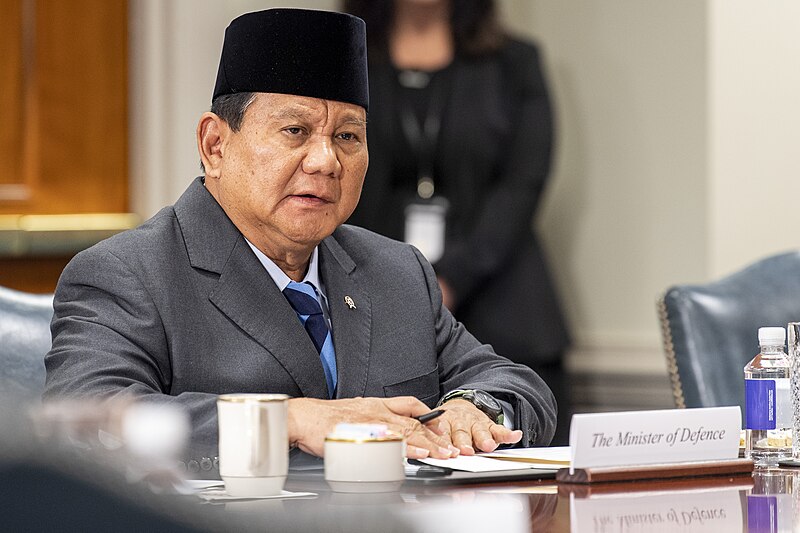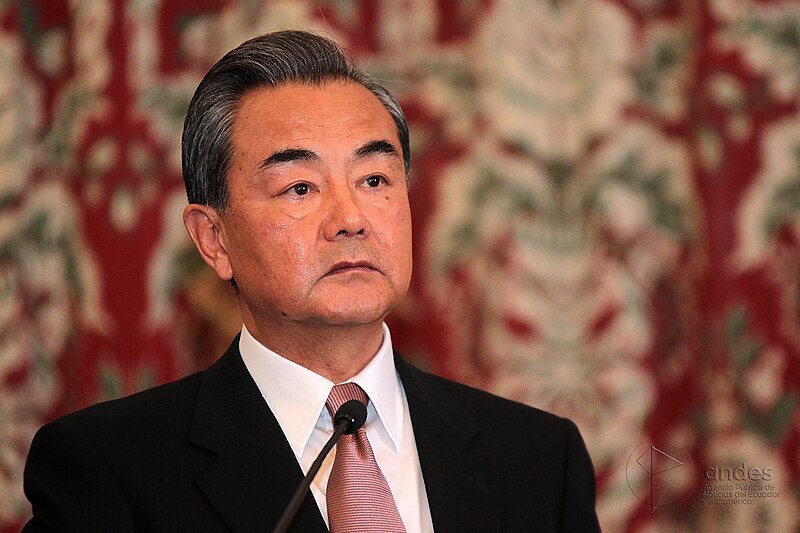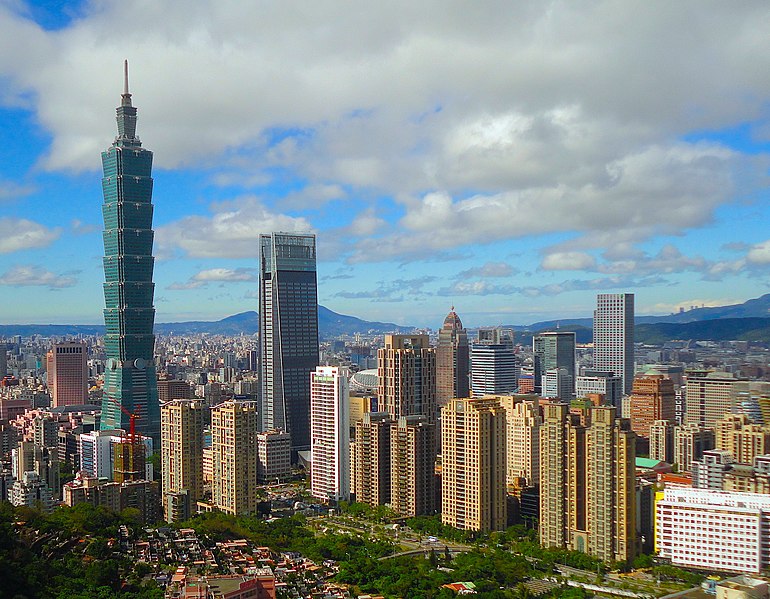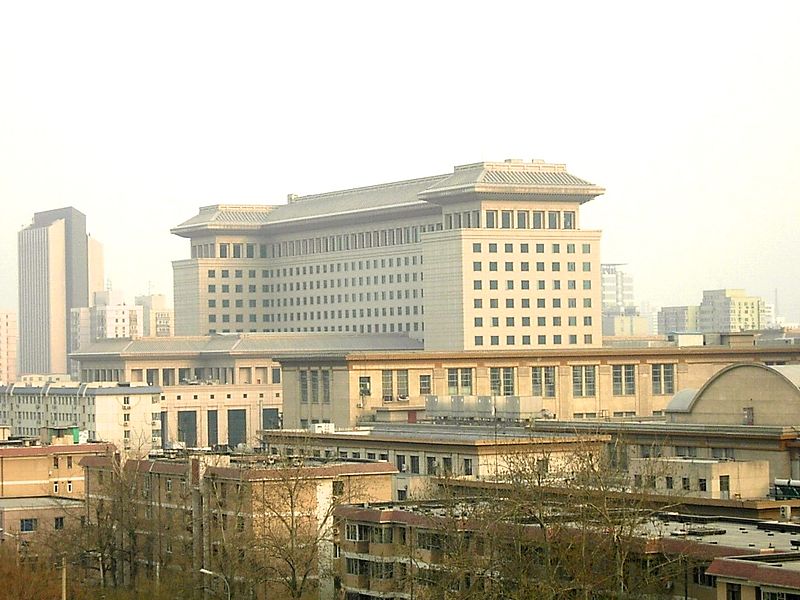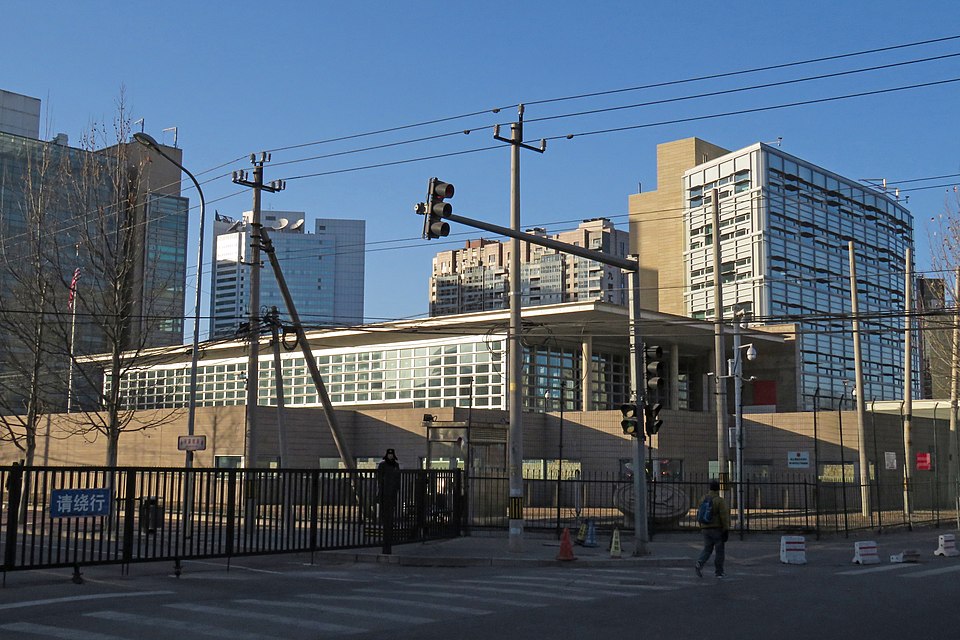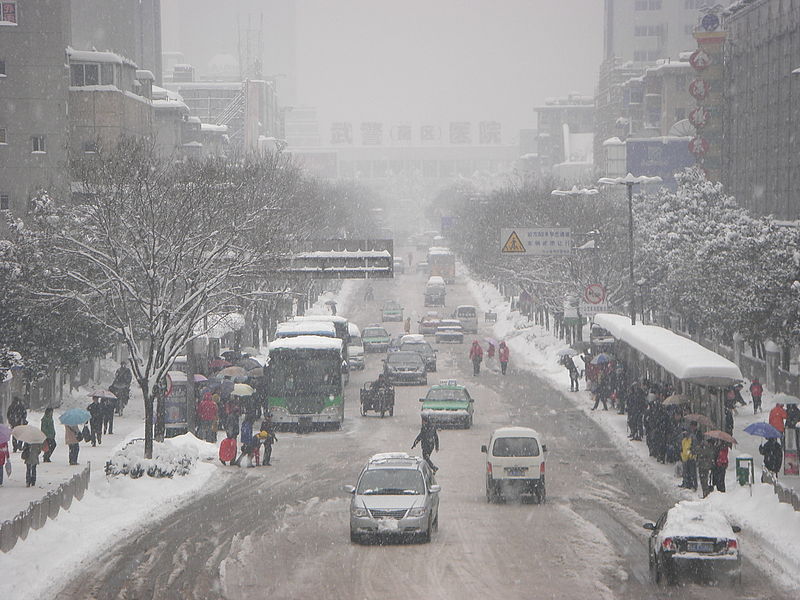
Beijing, China, faced an unprecedented cold snap this December, setting a chilling milestone in its weather history. With temperatures plunging below freezing, the city logged over 300 hours of
sub-zero weather, surpassing records dating back to 1951. The recent cold wave, sweeping across northern and northeastern China, brought bone-chilling lows, plummeting to negative 40 degrees Celsius (-40 Fahrenheit) in some regions.
The frigid conditions disrupted daily life, with Beijing experiencing nine consecutive days with temperatures below minus 10 degrees Celsius. This extraordinary cold spell affected over 20 million residents, marking it as the most extreme December freeze in over seven decades.
China's National Meteorological Center reported historically low temperatures in 78 weather stations nationwide, with the north and central regions facing their coldest December since 1961.
While the capital grappled with the deep freeze, rural areas encountered infrastructure challenges. In Henan province, heating systems strained to meet demands. Boiler breakdowns in Jiaozuo caused supply shortages, prompting urgency in repairs by major suppliers, expected to resume normal operations by December 26. The strain forced temporary suspensions of heating services for businesses, redirecting resources to prioritize residential areas, though shortages persisted.
Similar challenges arose in other cities like Puyang and Pingdingshan, necessitating heat supply suspensions for government facilities to meet domestic needs. Beijing itself saw visible strain on its heating infrastructure, evidenced by steam leaks from cracked underground pipes during the week.
This extreme cold posed additional difficulties for earthquake survivors in Gansu and Qinghai provinces, with temperatures plummeting for those in need of temporary housing after their homes were damaged. Meanwhile, the death toll from a recent magnitude 6.2 quake rose to 149, leaving tens of thousands exposed to freezing conditions.
As the week commenced, a gradual warming trend swept across the country, bringing relief from the bitter cold. Beijing's temperatures were expected to rise above freezing during the day, though nights remained sub-zero. Despite the expected thaw, forecasts indicated consistently low temperatures overnight in the coming days. Photo by Benlisquare at English Wikipedia, Wikimedia commons.
